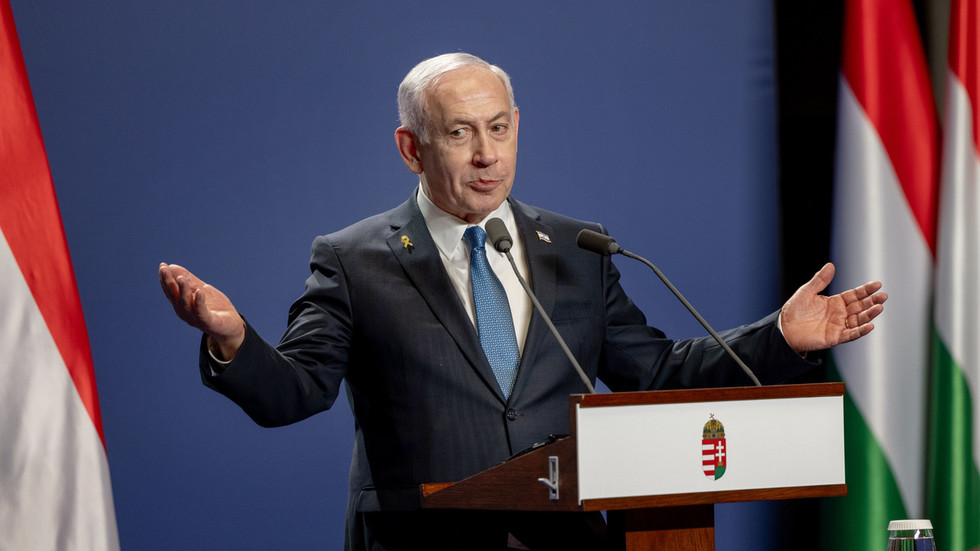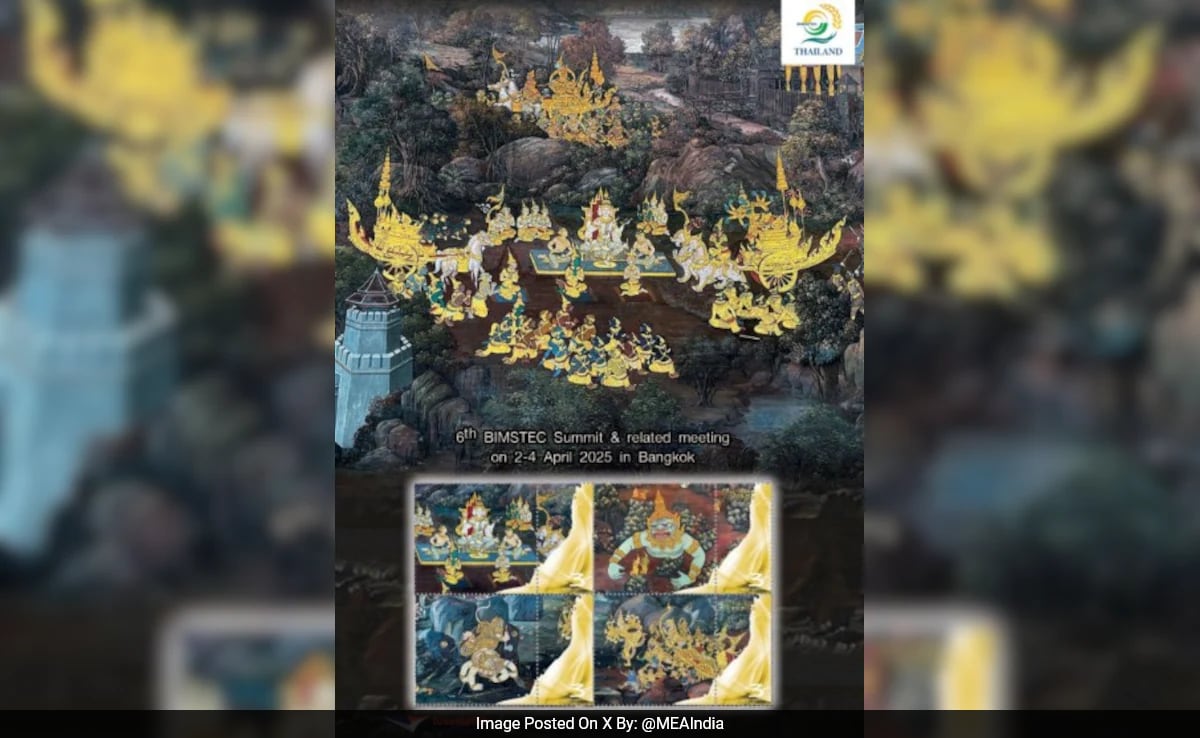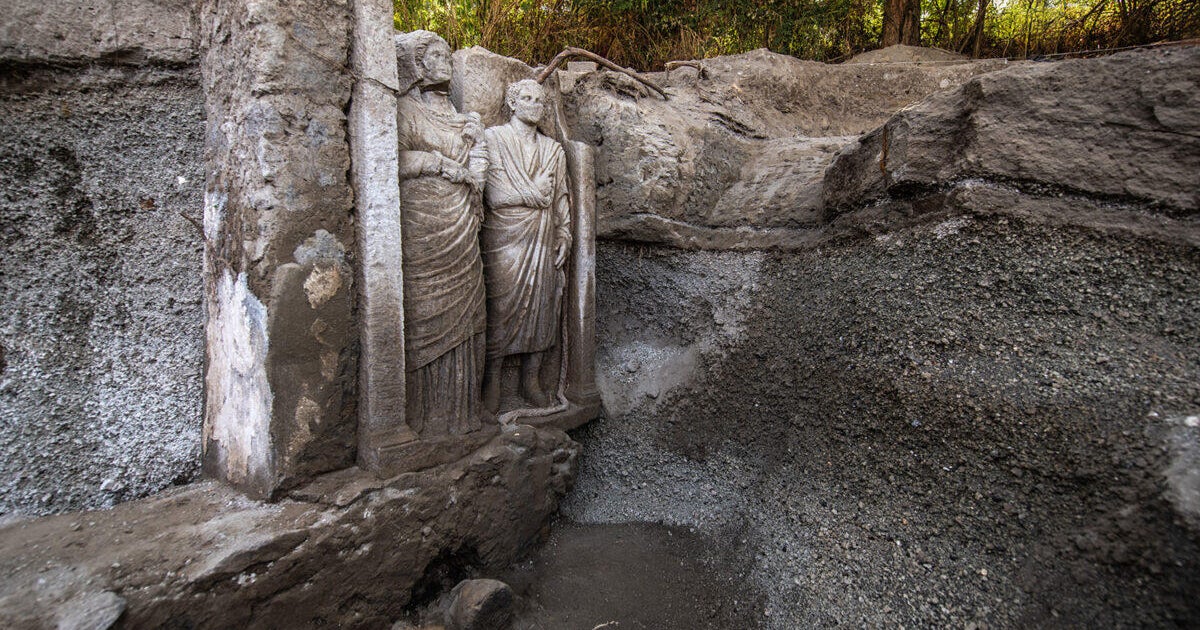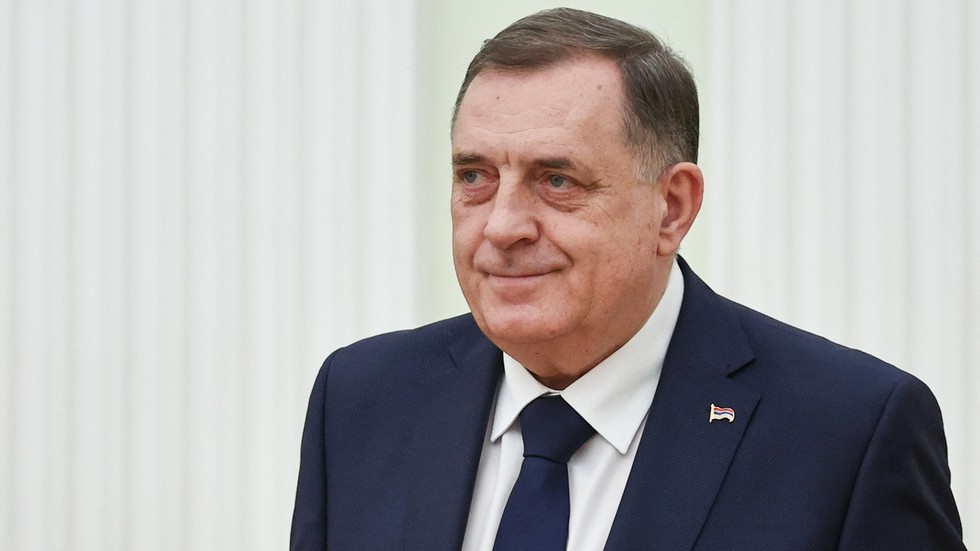As the mass protests against President Erdogan's government in Turkey continue, the Goethe-Institut's secretary general, Johannes Ebert, expresses his solidarity with the protesters: "We stand alongside cultural workers and institutions advocating for freedom of expression and cultural rights," says Ebert, who oversees 158 institutions in 98 countries.
There are three Goethe-Instituts in Turkey — in the country's capital, Ankara, as well as in Izmir and Istanbul, where mass demonstrations recently began after the city's mayor, Ekrem Imamoglu, was arrested and suspended from office.
The Istanbul Goethe-Institut building is located in the heart of the Turkish metropolis, just a stone's throw from the iconic Taksim Square, where most protests usually rally.
The square is now cordoned off by security forces, as the Turkish government continues to crack down on protesters.
Gezi Park, one of Istanbul's last inner-city green spaces, is right next to Taksim Square. Controversial development plans for the park sparked a previous wave of nationwide protests. In the summer of 2013, hundreds of thousands of people then took to the streets to demonstrate against Erdogan's government over a wide range of issues. The state brutally suppressed the protests and arrested thousands of people.
 German pianist Davide Martello plays on Taksim Square in Istanbul during the 2013 Gezi Park protestsImage: Future Image/Imago
German pianist Davide Martello plays on Taksim Square in Istanbul during the 2013 Gezi Park protestsImage: Future Image/ImagoTurkish artists take a stand
But today's events in Turkey mark the low point in its years-long descent into autocracy.
Around 190 Turkish writers and intellectuals have published a joint statement against Imamoglu's arrest, refusing to remain silent.
Nobel Prize winner for literature Orhan Pamuk also spoke out. "For the past decade, Turkey hasn't been a real democracy — merely an electoral democracy, one where you can vote for your preferred candidate but have no freedom of speech or thought," wrote Pamuk in an op-ed for The Guardian.
"Now, with the arrest of the country's most popular politician — the candidate who would have won a majority of votes at the next round of national elections — even this limited form of democracy is coming to an end," the writer continued in reference to Imamoglu.
 Police officers use pepper spray on a demonstrator wearing dervish clothe on the day Istanbul Mayor Ekrem Imamoglu was jailed as part of a corruption investigationImage: Umit Bektas/REUTERS
Police officers use pepper spray on a demonstrator wearing dervish clothe on the day Istanbul Mayor Ekrem Imamoglu was jailed as part of a corruption investigationImage: Umit Bektas/REUTERSPianist Fazil Say posted a song clip on social media that shows shoes hanging on a police barrier that belonged to demonstrators who lost them while fleeing water cannons and tear gas.
The German federal government also strongly condemns the attacks on democracy in Turkey. Despite the disruptions, the Goethe-Institut is pursuing its work in the country.
"Our cultural programs, the language courses, the exams, everything continues," the institute's secretary general tells DW.
"We are on site, we have open spaces in our projects, and we are an important contact for the artists," adds Ebert, pointing out that Turkish cultural workers are playing a fundamental role in the current situation, as they are using their visibility and their platforms to express themselves publicly. "In these difficult times," he says, artists are particularly interested in cooperating with the Goethe-Institut.
Can Turkey's opposition keep up momentum of protest?
German cultural work is changing
Turkey, Russia, Belarus, Hungary, and now the USA — autocratic rulers are forging geopolitical shifts. Does Germany need to consequently adapt its foreign cultural work? "Of course," admits Ebert, "as a global cultural institute, we ask ourselves: How do we deal with this situation?"
"Russia's war of aggression against Ukraine has been raging for three years. On top of this, there has been the political shift in the United States, where many things are being thrown overboard in a very short time, and the increasing importance of China," says Ebert.
"We are viewing the war in the Middle East with concern. This is having a major impact on our cultural work like no other conflict." Germany is being heavily criticized, particularly in Arab countries, for its support for Israel, which is perceived as very one-sided, explains Ebert.
"We are also seeing massive protests in various countries where cultural workers often play a major role — Georgia, Serbia, and now Turkey."
According to its secretary general, the Goethe-Institut's mission has not changed: It aims to promote international cultural exchange and the German language, and to provide information about Germany based on liberal values and the rule of law. Communicating this abroad is more important than ever, says Ebert.
 The Goethe-Institut is trying to uphold cultural exchange, and the rule of law, amid political upheaval in Turkey Image: Soeren Stache/dpa/picture-alliance
The Goethe-Institut is trying to uphold cultural exchange, and the rule of law, amid political upheaval in Turkey Image: Soeren Stache/dpa/picture-allianceA increased challenge in the US
He sees a particular need for action in the US. "How do we reach people we haven't reached before?" asks Ebert. The Goethe-Institut has seven institutes in the US and, according to Ebert, maintains a network of schools spanning all 50 states. "The challenge is to reach beyond the capitals in the East and West, for example, with film festivals and cultural projects."
Ebert would like to build on the success of the Year of German-American Friendship held in 2018 under the motto "Wunderbar together," which reached two million people at the time. "Perhaps such a concerted effort is necessary again to correct fake news about Europe and Germany and, above all, to establish contact between people beyond politics."
Meanwhile, the Prussian Cultural Heritage Foundation (SPK), Germany's largest cultural institution, has criticized Donald Trump's plans to put pressure on US museums.
"After his attacks on academic freedom, the US president is now attacking independent museums," said foundation president Hermann Parzinger and his designated successor, Marion Ackermann, in Berlin on Friday.
In addition to withdrawing major university research funding, US President Trump signed an executive order in late March demanding that the independent Smithsonian Institution remove "divisive narratives" and "anti-American ideology" from its many museums and research centers.
Istanbul protesters: 'We all came here for a better future'
"In free societies, we engage in discourse, negotiate matters, but do not allow what is thought and shown to be determined by decree," said Parzinger.
The Goethe-Institut has been conducting cultural work abroad for over 70 years. Goethe-Institut Secretary General Ebert continues to consider this "an enormously important investment."
In 2023, the institute had to forego 10% of its budget. Nine locations, primarily in Italy and France, as well as the one in Washington, had to close.
Currently, there is much discussion in Germany about security and defense, says Ebert. "But defense is not just about weapons, it is also about maintaining good contacts between people from different countries."
This article was originally written in German.

 3 days ago
8
3 days ago
8









